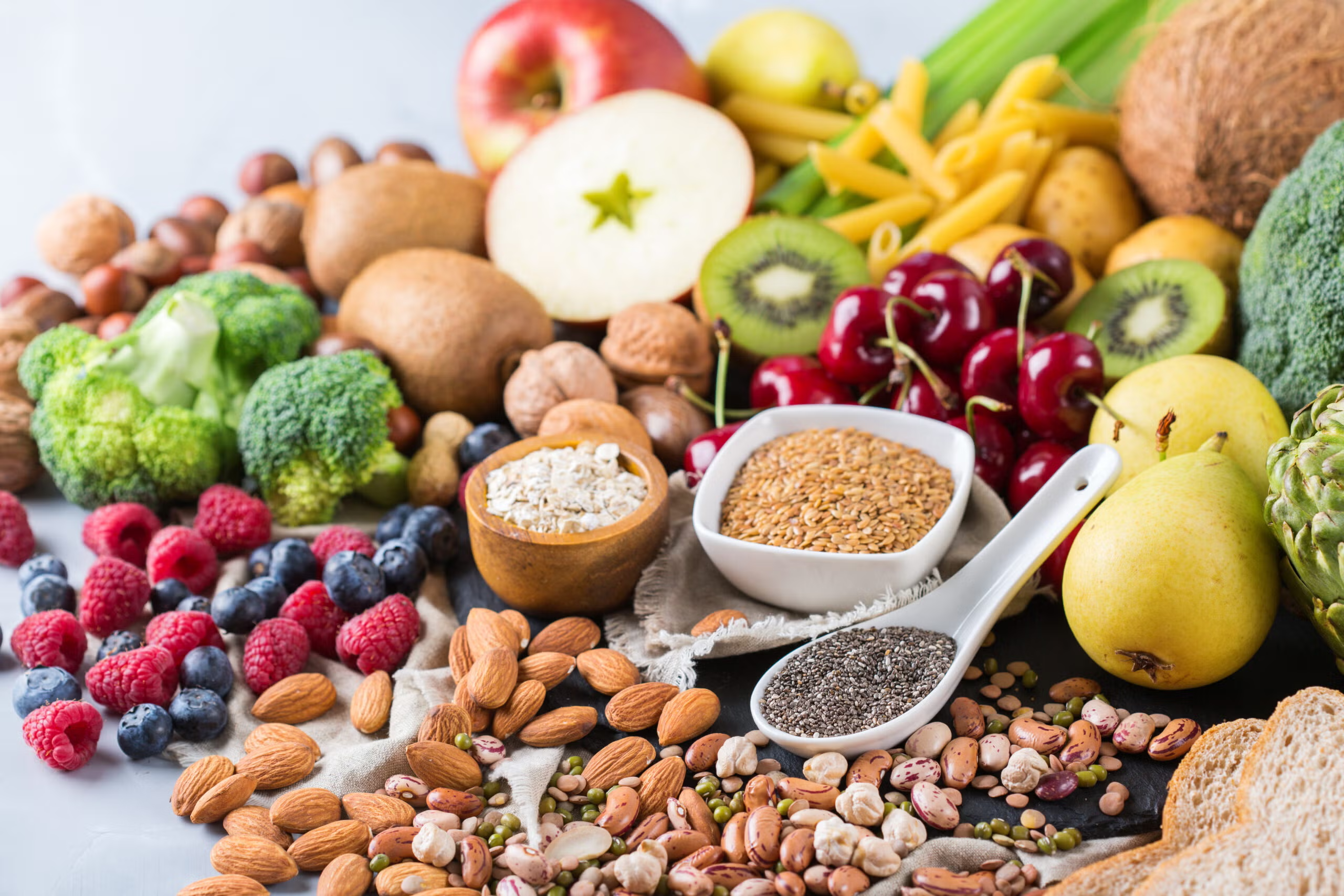Codex CAC/GL 99 Risk Assessment of Carbohydrates in Fortified Foods
The Codex Alimentarius Commission (CAC) guideline GL 99:1994, titled "Guidelines for the Evaluation and Use of Data on Dietary Carbohydrates," provides a comprehensive framework to assess the risk associated with carbohydrates, particularly in fortified foods. This service focuses specifically on the evaluation of carbohydrates using this guideline.
The Codex CAC/GL 99 is internationally recognized as a critical tool for ensuring food safety and consumer protection by providing recommendations on how to evaluate the potential risks related to dietary carbohydrates. The assessment process involves several steps, including identifying specific carbohydrate components, determining their presence in fortified foods, assessing their impact on human health, and evaluating the stability of these compounds during processing and storage.
Fortified foods are those that have been enhanced with vitamins, minerals, or other nutrients not naturally present in a significant amount. The addition of carbohydrates can enhance taste, texture, and shelf life but must be done carefully to avoid adverse effects on consumer health. This service ensures that the fortification process complies with international standards and guidelines.
The assessment begins by identifying key carbohydrate components such as sugars, starches, and fibers. These are then analyzed using various analytical techniques including HPLC (High-Performance Liquid Chromatography), GC (Gas Chromatography), and NMR (Nuclear Magnetic Resonance) spectroscopy. The results of these analyses provide a detailed picture of the carbohydrate content in fortified foods.
Next, the stability of the carbohydrates is evaluated under different conditions such as temperature, pH levels, and moisture content. This helps to predict how well the carbohydrates will perform during processing and storage. Additionally, the potential impact on human health is assessed by considering factors like glycemic index (GI) and glycaemic load (GL). High GI values can lead to rapid spikes in blood sugar levels, which may pose risks for individuals with diabetes or other metabolic disorders.
Once all relevant data has been collected and analyzed, a comprehensive risk assessment report is generated. This report includes recommendations on how to adjust the fortification process if necessary to minimize any potential risks while still achieving nutritional benefits. It also provides guidance on labeling requirements according to national and international regulations.
This service is particularly valuable for quality managers, compliance officers, R&D engineers, and procurement personnel responsible for ensuring food safety and compliance with relevant standards. By adhering to Codex CAC/GL 99 guidelines, organizations can ensure that their fortified foods meet high standards of safety and quality without compromising on nutritional value.
Our laboratory employs state-of-the-art equipment and highly trained professionals who specialize in carbohydrate analysis. With extensive experience in this field, we offer reliable and accurate results that are essential for making informed decisions about food fortification practices.
Eurolab Advantages
- Expertise: Our team consists of experts with years of experience in carbohydrate analysis using Codex CAC/GL 99 guidelines.
- State-of-the-Art Equipment: We utilize advanced analytical instruments like HPLC, GC, and NMR spectroscopy to ensure precise measurements.
- Precision: Our methods are designed to deliver consistently accurate results that meet international standards.
- Rapid Turnaround Time: We pride ourselves on delivering timely reports which enable quicker decision-making processes.
- Comprehensive Reporting: Every report includes detailed findings, recommendations for adjustments if needed, and compliance with relevant regulations.
We understand the importance of adhering to international standards when it comes to food fortification practices. By leveraging our expertise and resources, we provide clients with peace of mind knowing that their fortified foods are safe, compliant, and effective at delivering nutritional benefits.
Quality and Reliability Assurance
Evaluation of carbohydrate content in fortified foods is critical for ensuring product safety and compliance. Here's how our laboratory ensures quality and reliability:
- Data Integrity: All data collected during analysis are verified multiple times to ensure accuracy.
- Standard Operating Procedures (SOPs): Strict adherence to standardized procedures guarantees consistent results across all samples processed.
- Traceability: Each sample is uniquely identified and tracked throughout its lifecycle from receipt to final report issuance.
- Validation: Regular validation of analytical methods ensures they remain fit-for-purpose over time.
- Sustainability: Our commitment to sustainability extends beyond just the laboratory itself; we also ensure that our partners follow environmentally friendly practices when selecting suppliers and handling waste materials.
These measures collectively contribute towards maintaining high levels of accuracy, precision, and reliability in all evaluations conducted by our laboratory.
Customer Impact and Satisfaction
Our clients benefit greatly from the Codex CAC/GL 99 risk assessment service offered by Eurolab. By adhering to this internationally recognized guideline, organizations can ensure that their fortified foods are safe, compliant with regulations, and effective at delivering nutritional benefits.
The detailed reports generated through our rigorous evaluation process provide valuable insights into potential risks associated with carbohydrate content in fortified foods. This information allows companies to make informed decisions regarding product formulation adjustments if necessary while also ensuring proper labeling according to national and international guidelines.
Additionally, by partnering with Eurolab for this service, customers gain access to expert advice tailored specifically to their needs. Our consultants work closely with clients throughout the entire process—from initial consultation through final report issuance—to ensure a smooth experience that meets all expectations.
The positive feedback we receive from satisfied customers attests to our commitment to excellence in every aspect of food testing and analysis services provided by Eurolab. We take pride in being able to contribute positively towards maintaining trustworthiness within the industry.





